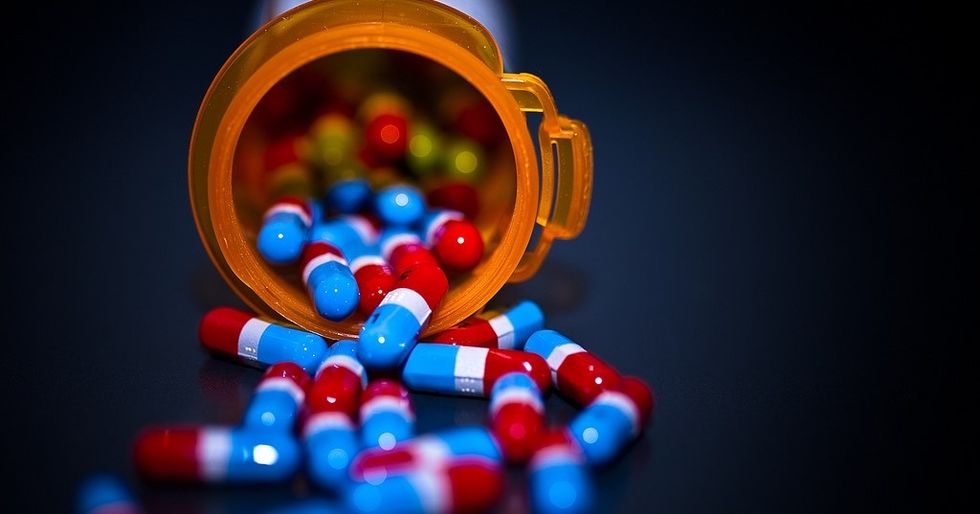It doesn't come as a surprise to anyone that we have a serious pill problem in this country. In the midst of an opioid epidemic that's ravaging communities across every state, the numbers are seriously staggering. The US makes up 5% of the world's population and consumes approximately 80% of the world's prescription opioid drugs. More than 63,600 people died of a drug overdose in 2016 and roughly two-thirds of these deaths were caused by opioids such as heroin and prescription painkillers.
Yes, we have a problem.
But there's another population that's falling victim to our pill-popping tendencies. We are severely overmedicating the mentally ill and failing to give those suffering the appropriate tools to manage their illness. According to recent studies, 57% of people with mental health problems are being treated solely with medications without any form of psychotherapy, up from 44% in 1998.
The CDC found that often times, patients receive psychotropic medications without being evaluated by a mental health professional and are therefore made unaware of alternative treatments that might have greater long-term success. And the results of this oversight are clear. In a study of antidepressants versus cognitive behavioral therapy, 54% of the drug group saw a return of symptoms after trial, as opposed to the 17% amongst the CBT group.
What does this mean in practice? It means that some of our most vulnerable, those suffering from mental illness, are repeatedly left without the resources they most need to recover, even when they go to great lengths to try to get help.
The use of psychotropic drugs by adult Americans increased 22% from 2001 to 2010, with one in five adults now taking at least one psychotropic medication. There was a fivefold increase in antipsychotics consumption between 1993 and 2002 and a threefold increase for antidepressants between 1997 and 2002. The rapid increase in medication consumption without a mirroring increase in psychotherapy utilization reflects that there is a very significant problem of overmedicating amongst the mentally ill community.
I need medication to function. Medication, in combination with therapy and lifestyle changes, has saved my life — or, more accurately, allowed me to save myself. But that doesn't mean I haven't had negative experiences with this kind of medication, as well. And it doesn't mean the first line of defense should be antipsychotics without any further support.
We have a problem. And we owe it to ourselves and to those in need to figure it out.







































